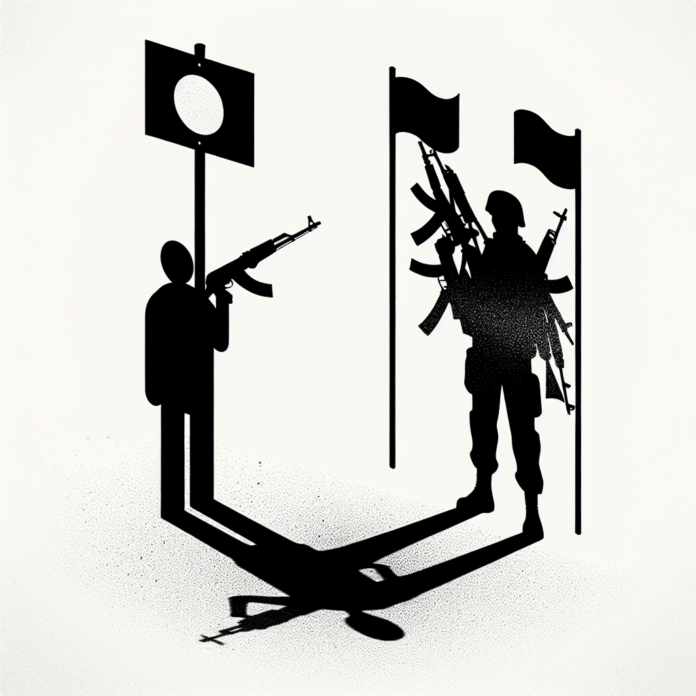The Guardian Perspective on Palestine Action’s Proscription
The Guardian Perspective on the Proscription of Palestine Action: A Troubling Intersection of Civil Disobedience and Terrorism
The recent move to proscribe Palestine Action, a group known for its direct actions against companies involved in the arms trade, raises significant concerns about the implications for civil society and the boundaries of legitimate protest. Such a decision risks conflating acts of civil disobedience with terrorism, a dangerous precedent that could stifle dissent and weaken democratic freedoms.
Palestine Action has garnered attention for its bold tactics, which include vandalizing properties and disrupting operations of firms that manufacture equipment used in the Israeli-Palestinian conflict. Proponents argue that these actions are a form of necessary protest against systemic injustices and human rights violations. However, the government’s decision to label the group as a terrorist organization reflects a growing tendency to categorize radical activism as a security threat. This blurring of lines undermines the fundamental principles of free speech and the right to protest, which are cornerstones of democratic societies.
The classification of Palestine Action as a terrorist entity could discourage individuals from participating in peaceful protests and activism, fearing legal repercussions or social ostracism. History has shown that labeling dissenting voices in such a manner can lead to broader crackdowns on civil liberties. Activists may find themselves increasingly vulnerable to surveillance, arrest, and prosecution, stifling the important discourse surrounding issues of justice and equity.
Moreover, this proscription could have a chilling effect on the wider movement for Palestinian rights, which has gained momentum globally. By targeting groups like Palestine Action, authorities may inadvertently galvanize further support for the cause, as individuals rally against perceived governmental overreach and censorship.
It is crucial to recognize that civil disobedience has long been a vital part of social movements advocating for change, from the civil rights movement to anti-apartheid protests. These actions often challenge the status quo and provoke necessary conversations about morality, ethics, and justice. Mischaracterizing such efforts as terrorism not only misrepresents the intentions of activists but also risks alienating those who might otherwise engage in constructive dialogue.
As society grapples with complex geopolitical issues, it is essential to foster an environment where diverse perspectives can be shared openly. The proscription of Palestine Action may serve to sow division rather than facilitate understanding, leading to further polarization on an already contentious topic.
In conclusion, the decision to label Palestine Action as a terrorist group is a troubling development that threatens the fabric of civil society. It is vital to uphold the principles of free speech and the right to protest, ensuring that activism remains a legitimate avenue for individuals to express their dissent and advocate for change. Balancing security concerns with the preservation of democratic rights is a challenge that must be approached with caution and respect for the fundamental tenets of justice and equality.

